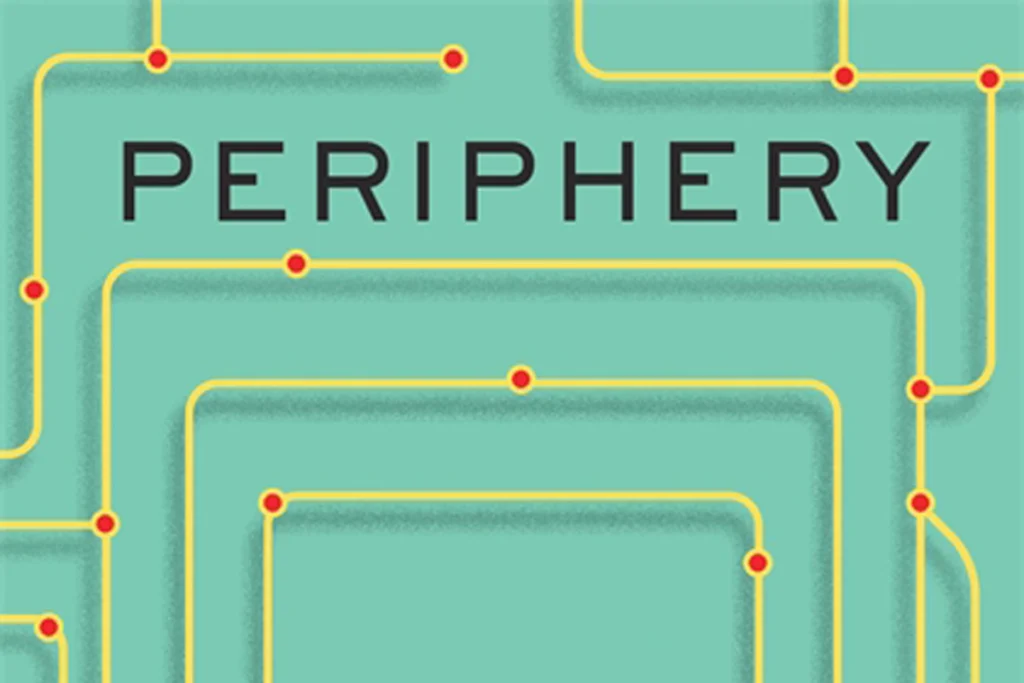Moses V. Chao is professor of cell biology, physiology and neuroscience, and psychiatry at the New York University School of Medicine. He is the recipient of a Zenith Award from the Alzheimer’s Association, a Jacob Javits Neuroscience Investigator Award and a Guggenheim Fellowship. He is also a fellow of the American Association for the Advancement of Science and past president of the Society for Neuroscience.

Moses V. Chao
Professor of cell biology, physiology and neuroscience, and psychiatry
New York University School of Medicine
From this contributor
The question of regeneration—an excerpt from ‘Periphery: How Your Nervous System Predicts and Protects Against Disease’
In his recent book, Moses Chao makes the case that the peripheral nervous system can warn of future illnesses.
Explore more from The Transmitter
During decision-making, brain shows multiple distinct subtypes of activity
Person-to-person variability in brain activity might represent meaningful differences in cognitive processes, rather than random noise.

During decision-making, brain shows multiple distinct subtypes of activity
Person-to-person variability in brain activity might represent meaningful differences in cognitive processes, rather than random noise.
Basic pain research ‘is not working’: Q&A with Steven Prescott and Stéphanie Ratté
Prescott and Ratté critique the clinical relevance of preclinical studies in the field and highlight areas for improvement.

Basic pain research ‘is not working’: Q&A with Steven Prescott and Stéphanie Ratté
Prescott and Ratté critique the clinical relevance of preclinical studies in the field and highlight areas for improvement.
Proposed NIH budget cut threatens ‘massive destruction of American science’
A leaked draft of a Trump administration proposal includes an approximately 40 percent cut to the National Institutes of Health’s budget and a major reorganization of its 27 institutes and centers.

Proposed NIH budget cut threatens ‘massive destruction of American science’
A leaked draft of a Trump administration proposal includes an approximately 40 percent cut to the National Institutes of Health’s budget and a major reorganization of its 27 institutes and centers.
